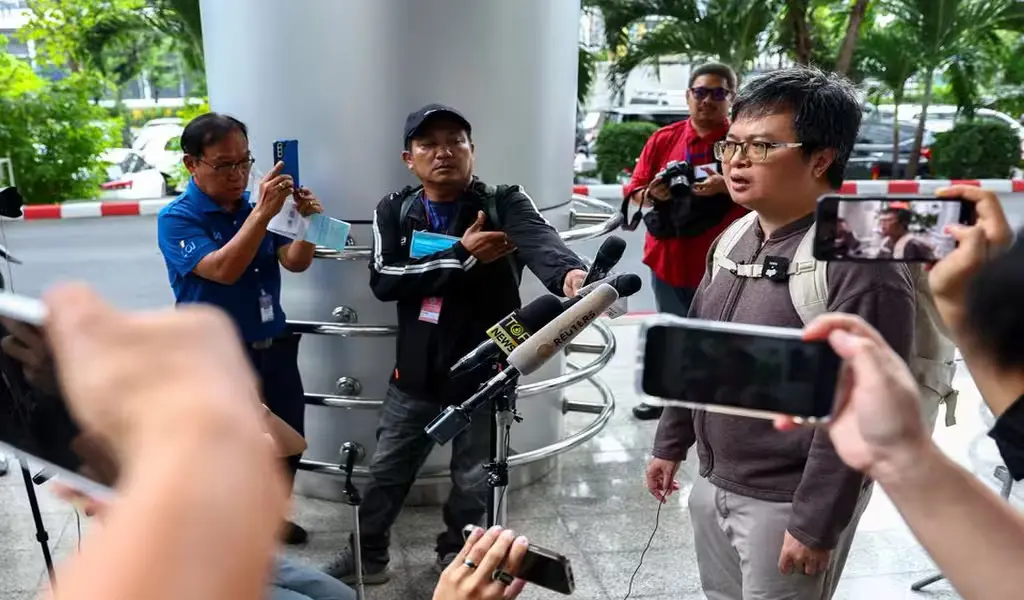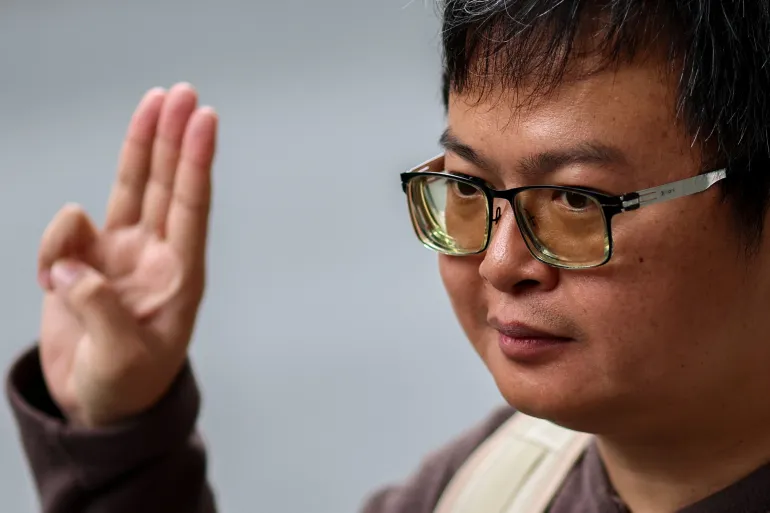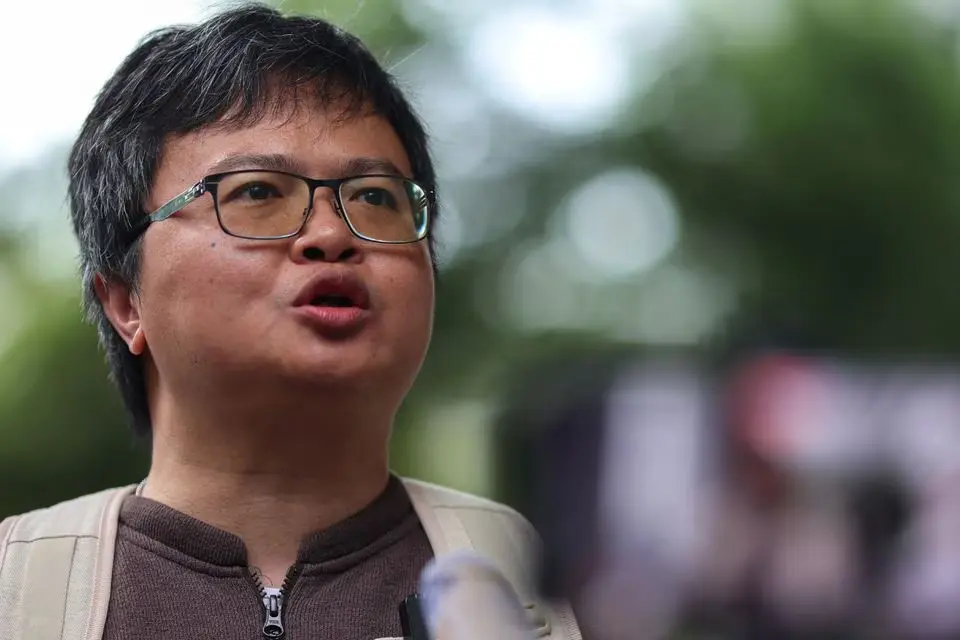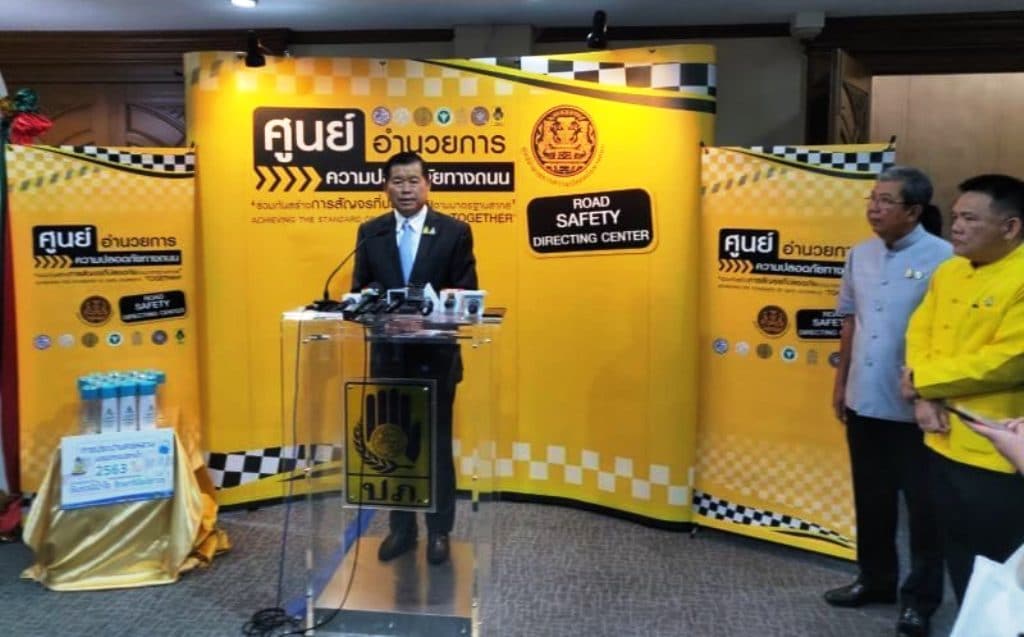News
Human Rights Lawyer Arnon Nampa Sentenced to 4 Years in Thailand

(CTN News) – Human rights lawyer Arnon Nampa, a prominent figure in Thailand’s pro-democracy movement, has been sentenced to four years in prison for alleged royal insults, marking a significant development in one of Thailand’s most high-profile lese-majeste cases. A judge delivered the verdict on Tuesday, has stirred controversy and drawn international attention.
Arnon Nampa’s Defiance
Arnon Nampa gained notoriety for his bold calls for reform of Thailand’s powerful monarchy during the pro-democracy protests that erupted in 2020. He advocated for open public debate on the role of Thailand’s king, a move that challenged the long-standing taboo against criticizing the monarchy. Arnon continues to deny any wrongdoing.
Thailand’s Strict Lese-Majeste Law
The lese-majeste law in Thailand is known for its strict protection of the monarchy, shielding it from criticism. It imposes a maximum jail sentence of 15 years for each perceived insult against the monarchy, a punishment that has been widely criticized by international human rights organizations as extreme.
Impact on Democracy Movement
Arnon Nampa was a prominent leader in the youth-led democracy movement that organized massive protests in Bangkok in 2020. These protests aimed to remove the royalist former prime minister, Prayuth Chan-ocha, who came to power in a coup.
Arnon’s conviction is the result of remarks he made during a 2020 rally, marking the first of 14 cases against him under article 112 of the criminal code, also known as the royal insults law.
Calls for Legal Reforms Persist
Arnon’s case is a setback for groups advocating for amendments to article 112, a cause that gained traction with Thailand’s progressive Move Forward Party winning an election in May.
However, lawmakers backed or appointed by the ultra-royalist military thwarted their efforts to form a government. The law’s strict enforcement has led to the charging of at least 257 people under article 112 in the past three years, primarily related to the youth-led democracy movement.
Conclusion:
As Arnon Nampa faces imprisonment, he remains resolute, stating that his actions were a “worthwhile personal sacrifice for the greater good.” He believes that the youth-led protests have irreversibly transformed Thailand, empowering the people to demand freedom and equality while striving for a more progressive nation.
This landmark case underscores the challenges faced by those advocating for change in a country where the monarchy holds a revered position enshrined in the constitution. It also highlights the ongoing debate over the lese-majeste law’s role in stifling free speech and political dissent in Thailand.






























